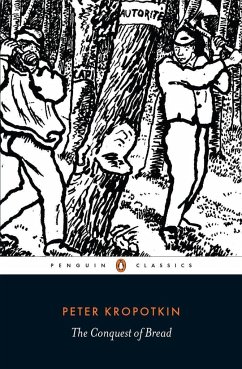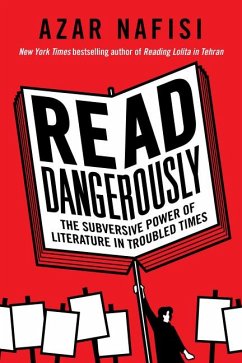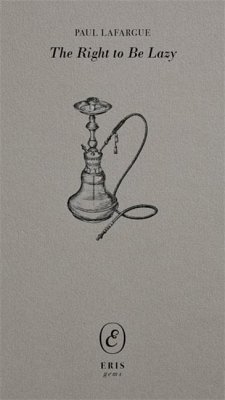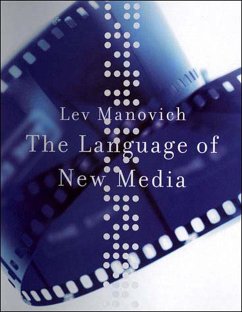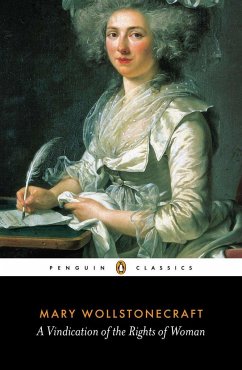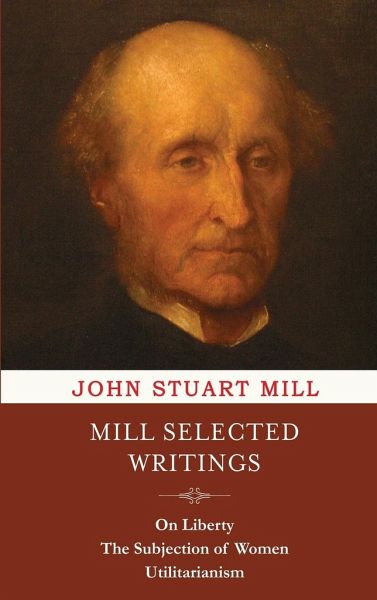
Mill Selected Writings
On Liberty, The Subjection of Women, and Utilitarianism

PAYBACK Punkte
12 °P sammeln!
Three Books in One! This collection combines three of John Stuart Mill's most recognized works into one convenient volume. Included in this book:On Liberty The Subjection of Women Utilitarianism On Liberty presented one of the most eloquent defenses of individual freedom in nineteenth-century social and political philosophy and is today perhaps the most widely-read liberal argument in support of the value of liberty. Mill's passionate advocacy of spontaneity, individuality, and diversity, along with his contempt for compulsory uniformity and the despotism of popular opinion, has attracted both...
Three Books in One! This collection combines three of John Stuart Mill's most recognized works into one convenient volume. Included in this book:On Liberty The Subjection of Women Utilitarianism On Liberty presented one of the most eloquent defenses of individual freedom in nineteenth-century social and political philosophy and is today perhaps the most widely-read liberal argument in support of the value of liberty. Mill's passionate advocacy of spontaneity, individuality, and diversity, along with his contempt for compulsory uniformity and the despotism of popular opinion, has attracted both admiration and condemnation. On Liberty was a greatly influential and well-received work. The ideas presented in On Liberty have remained the basis of much political thought. In The Subjection of Women, John Stuart Mill attacks the argument that women are naturally worse at some things than men and should, therefore, be discouraged or forbidden from doing them. He says that we simply don't know what women are capable of, because we have never let them try - nobody can't make an authoritative statement without evidence. We can't stop women from trying things because they might not be able to do them. He also points out that while there may be physical differences between men and women, there is no evidence that they differ substantially in mental or moral capabilities. He regards gender inequality as part of an older social system in which matters were decided by use of force and makes a strong argument that modern society should operate on the basis of reason rather than force. In sum, Mill's The Subjection of Women is perhaps the finest essay of social and political philosophy produced in the modern era, and should be read by all interested in social justice, feminism, or ethics. Utilitarianism brilliantly expounds a pragmatic ethic based on one controversial proposition. Mill believed that happiness was the only thing humans do and should desire for its own sake. Since happiness is the only intrinsic good, and since more happiness is preferable to less, the goal of ethical life is to maximize happiness. How do we decide what is "good" and what is "bad"? According to the ethical theory of Utilitarianism, to do good is to "always perform that act, of those available, that will bring the most happiness or the least unhappiness." By far the most widely read introduction to this theory. Mill's Utilitarianism is one of the most important and controversial works of moral philosophy ever written. From common-day dilemmas to large-scale social decisions, this exposition remains as relevant today as it was to intellectual and moral dilemmas of the nineteenth century. John Stuart Mill was an English philosopher, political economist, Member of Parliament and civil servant. One of the most influential thinkers in the history of classical liberalism, he contributed widely to social theory, political theory, and political economy. A member of the Liberal Party and author of the early feminist work The Subjection of Women, Mill was also the second Member of Parliament to call for women's suffrage after Henry Hunt in 1832. His most important works include System of Logic, On Liberty, Utilitarianism, An Examination of Sir William Hamilton's Philosophy and The Subjection of Women.




